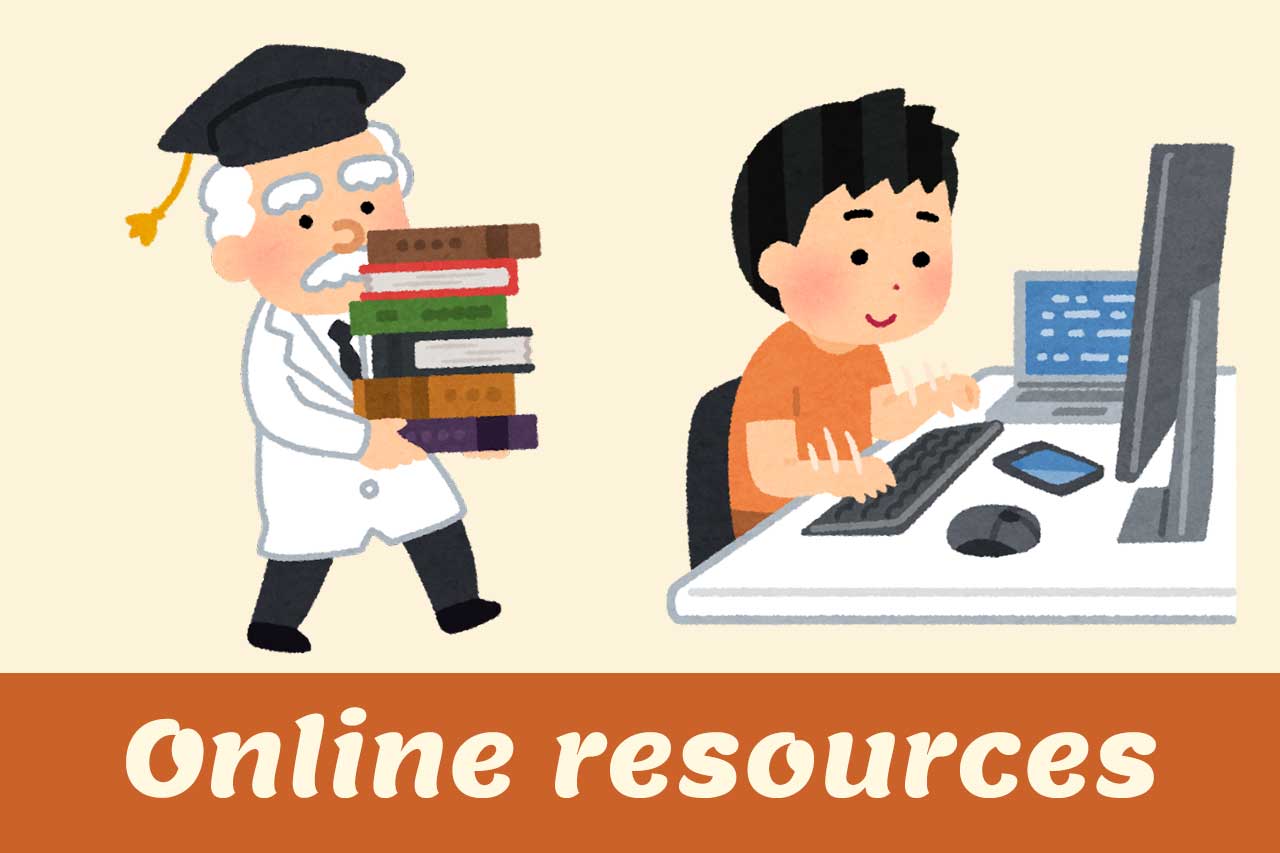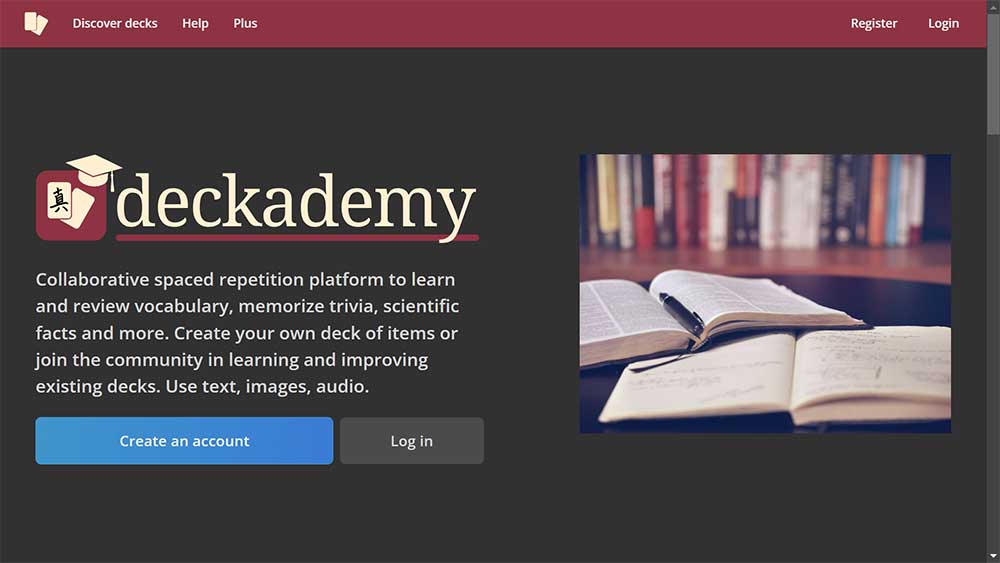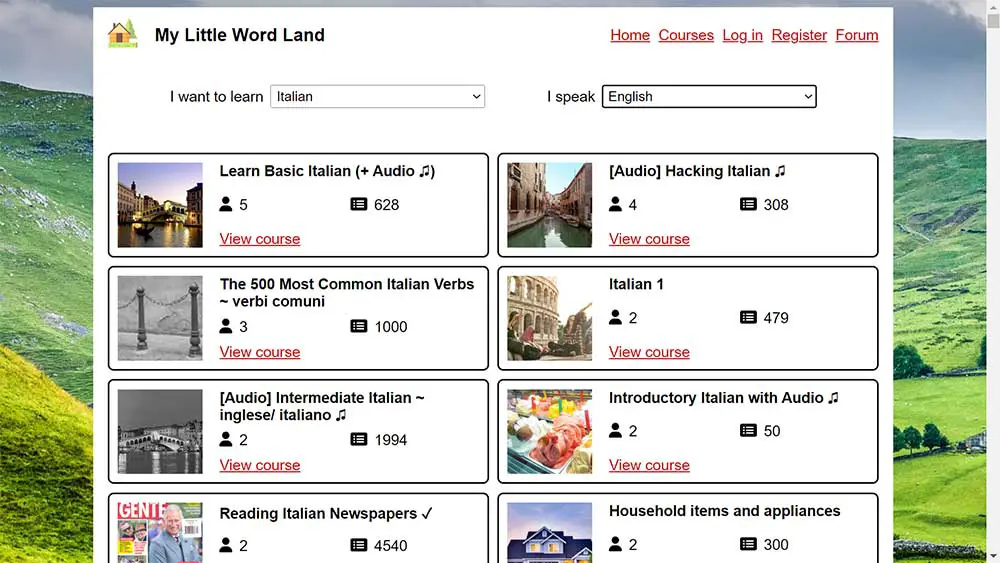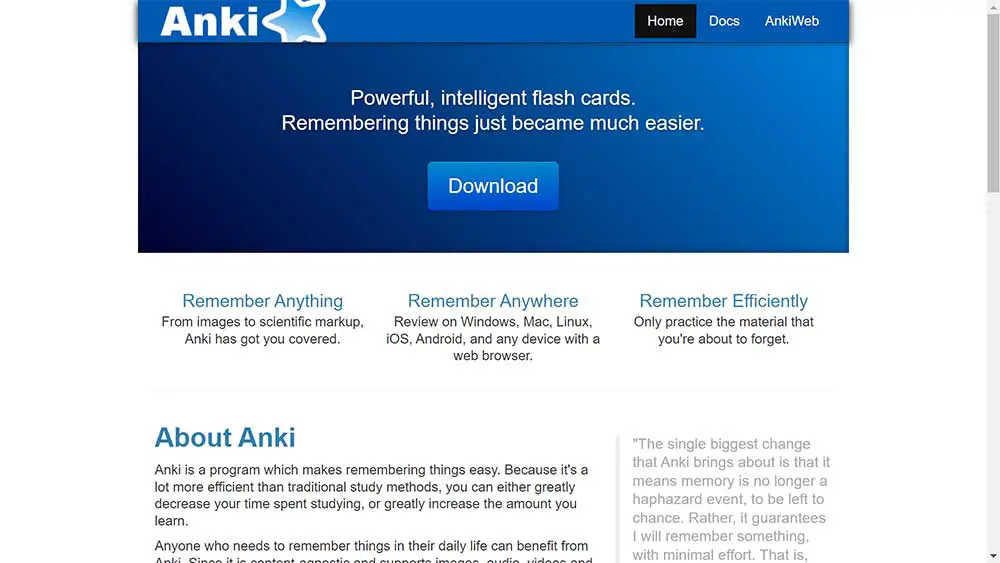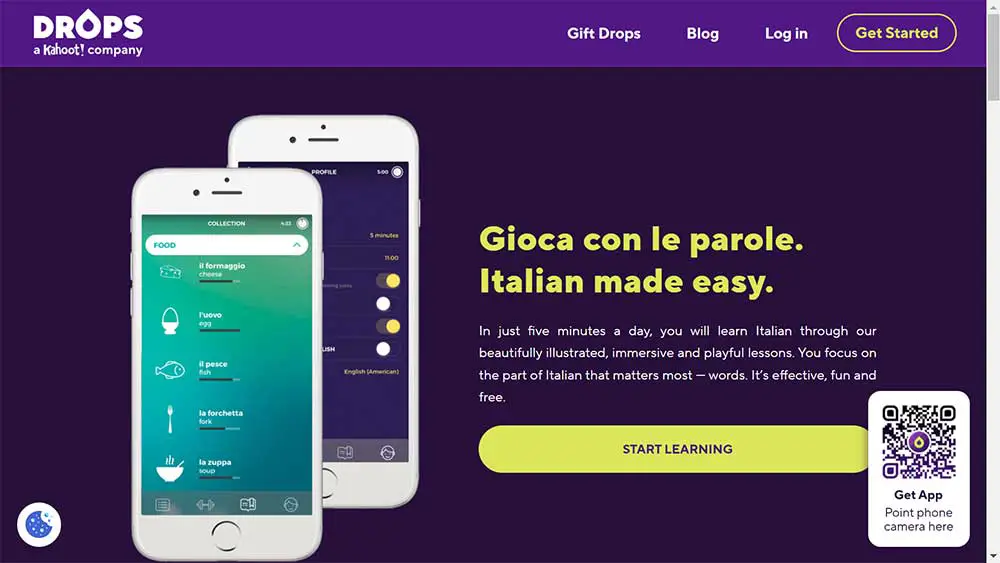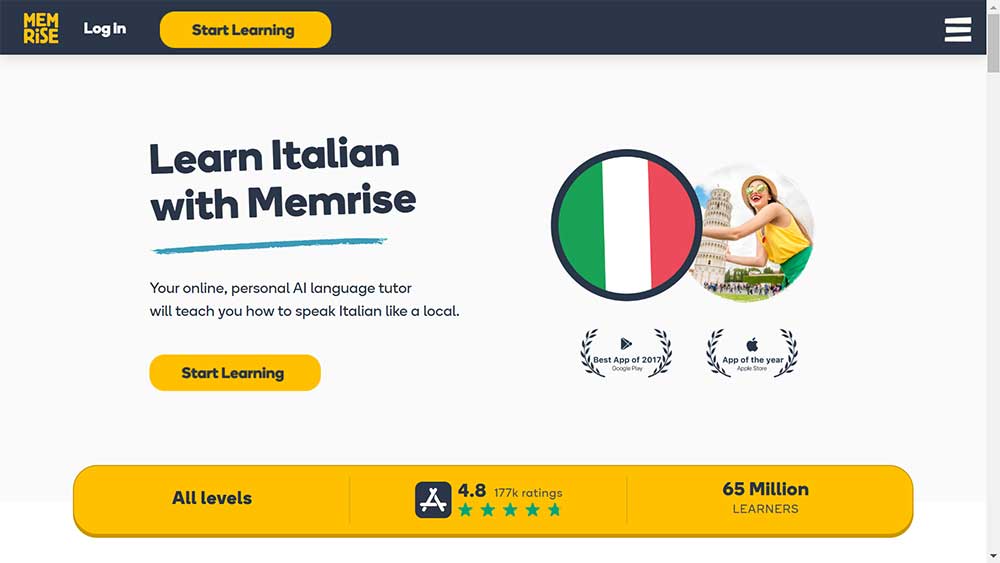Italian CEFR resources
Traditionally, flashcards are pieces of paper, usually small, with information on both sides. One side has a question or something you want to learn, and the other side has the answer.
Flashcards are very effective in language learning: they allow you to learn at your own pace and they encourage spaced repetition, a learning technique that involves reviewing information at increasingly longer intervals over time.
Online flashcards build on this concept. They can be accessed from any device with an Internet connection, offer interactive features such as images and audio, use spaced repetition algorithms, and can also track your progress.
So it’s no wonder that there are so many Italian flashcards resources on the web. But which ones are the best? Find out below!
Table of Contents
Deckademy
Best for: Any learner
Available as: Web app (desktop and mobile devices)
Allows personal decks: Yes
Free or paid: Freemium
Deckademy is a newcomer to the language learning scene, but it’s promising and packed with features. It offers interactive decks of flashcards with a spaced repetition system, so it helps you review things at spaced intervals: the more you remember, the longer you wait until your next review.
You can learn from ready-made decks created by other users or create your own. That’s right, you can create your own personal decks with a high degree of flexibility, allowing you to label words based on part of speech or customizable tags, and add alternative spellings or meanings completely free of charge. You can also export them as a .csv file.
The app supports media files (an essential feature if you’re a visual or auditory learner like me) and offers great customization options for tests, such as multiple-choice and typing tests. If you have a keen eye for typos, you can also suggest changes to existing courses for the deck owner to correct.
The free plan is surprisingly comprehensive as is, but there is a Plus subscription plan that adds additional features such as text-to-speech, advanced statistics, more personalized tags, and more. You can also export courses in .epub and .pdf for offline use.
My Little Word Land
Best for: Any learner
Available as: Web app (desktop and mobile devices)
Allows personal decks: Yes
Free or paid: Free
My Little Word Land is another recent addition to the language learning landscape. It allows you to create a virtual village by learning vocabulary in a language of your choice.
After you sign up, you can add your own vocabulary lists (MLWL allows you to import lists from an Excel file, which can save you a lot of time) or start learning right away with a ready-made course. At the time of writing, there are thousands of ready-made courses, some with audio recordings.
Like Deckademy above, My Little Word Land uses a spaced repetition algorithm to keep track of the words you learn and how easy or hard it is for you to remember them. Since the platform is quite new, new features are being added every day.
MLWL can be very appealing to gamification maniacs. As I said, once you sign up and start testing your vocabulary, you will earn building resources such as wood and stones that you can use to build your virtual village. With this goal in mind, you may find yourself sticking with your Italian learning!
Anki
Best for: Any learner
Available as: Desktop and mobile app, with basic web version (AnkiWeb)
Allows personal decks: Yes
Free or paid: Free
Anki is a long-standing flashcard app that’s completely free to use. It’s powerful, very powerful, but it’s third on my list because of what I consider a deal-breaker: its terrible UI. Also, creating new flashcards could be more intuitive.
It has everything: personal decks, community decks that you can learn right away, private decks, public decks, data synchronization between devices, audio, images… There’s even a gallery of hundreds of plugins that can turn an otherwise blank interface into a rainbow-colored playground, but it lacks interactive features.
The vanilla app comes with flashcards that you flip over and mark for difficulty. You can install plugins to add features like multiple-choice card types, but they can get pretty technical. And Ankidroid, Anki’s app for Android, doesn’t support plugins.
So it’s a great app if you like plain old flashcards, but if you want something more like interactive tests or even gamification, you might want to look elsewhere.
Drops Italian
Best for: All users
Available as: Web app and mobile app
Allows personal decks: No
Free or paid: Freemium
Drops has a very attractive interface. Instead of having flashcards, you have words dropping from the top of your screen. The app features thousands of Italian words and is highly interactive: all words and phrases have audio recordings and unique drawings. You can mark drops as already known or drag them around to test them. Words are also neatly organized by category.
The biggest inconvenience is that the free plan has a total daily limit of 5 minutes, meaning you can learn and test new words for up to five minutes a day. That’s not much if you’re a linguaholic and I personally find it frustrating. And if you’re learning more than one language at a time, like Italian and French, you’ll have to split that time cap between the two. However, if you run out of time, you can still browse all the categories, tap a word, and listen to its pronunciation.
I’ll be honest and say I haven’t tried the premium version, but I think it’s worth it because it’s very engaging. The Italian audio is also of high quality. I’ve used the app to learn Icelandic, and Drops is one of the very few apps out there that has professional audio for minority languages that are often ignored by major language platforms (looking at you, Duolingo).
Still, it’s fourth on my list because of the low time limit in the free version. It has no ads at all, but I’d be willing to see a few 30-second ads if it meant I could learn a few more words.
Memrise
Best for: Beginners
Available as: Web app and mobile app
Allows personal decks: Yes (but not for long)
Free or paid: Freemium
Memrise had a solid history as the best flashcard app on the web, and for good reason. In the past, its flagship feature was mems (short for “mnemonics”), which were user-generated images created to help people remember words through association. The feature was sadly discontinued in 2022.
Memrise still allows you to create your flashcard decks and share them with other people in what are called community courses, but there are also plans to discontinue this feature soon, and if you are a new user, the mobile apps prevent you from accessing them. Instead, Memrise’s new interface features three language sections: Scenarios, Videos, and Conversations.
Scenarios are gamified flashcards that include a short video of a native Italian speaker, audio clips and translations into English. In the Videos section, you can watch and listen to dozens of videos of native speakers having short and engaging dialogues. Some of these videos are from popular Italian YouTube channels. The Conversations section combines AI, powered by ChatGPT 3, with TTS voices. You can chat with MemBot as if you were having real conversations, but beware: it’s still a machine, and when I tested it, it made a small pronunciation error (conoscèrti instead of conòscerti).
While it’s great for you if you love media content, I think the free version of the new UI is way too limited. On the free plan, half of the flashcard decks (scenarios) are paywalled. You can only watch 2 free videos per day before you have to watch ads for any additional videos you want to watch. Free AI conversations are limited to 1 per day, and you can watch ads to do more. Still, it is a good product to integrate a more comprehensive resource.
Other resources for Italian flashcards
StudyStack Italian flashcards
StudyStack is a website with a huge collection of public Italian flashcards shared by students and teachers. It allows you to study them and test them through many interactive games, even crosswords!
It has TTS voices that are not always on par with how a native would sound, but all in all, even considering that it’s completely free, it’s a very valuable resource. If you register, you can also create your own flashcards. It has an iOS app and an APK file for Android, which you can download from the homepage of their website.
Italian Flashcards
Italian Flashcards (for Android and iOS devices) is a freemium mobile app developed by iAceATest Inc. that includes 4000+ premade Italian flashcards and 100+ conversations sorted by categories, such as hobbies, nature and travel. On the plus side, you can also create your own personal decks by going to the developer’s website and you can also download flashcards for offline use.
More free Italian resources
You might want to keep learning Italian online with these free Italian resources:
❤️ If you liked this list on the best online resources for Italian flashcards, consider sharing it with your social media friends who are also studying Italian.

